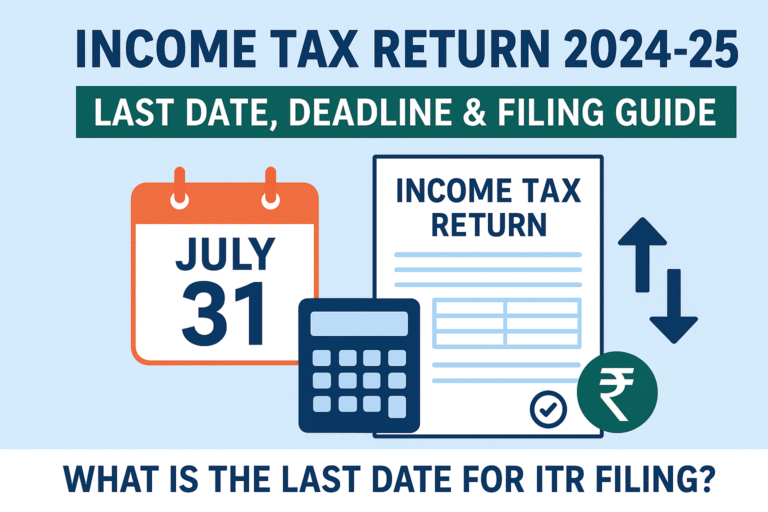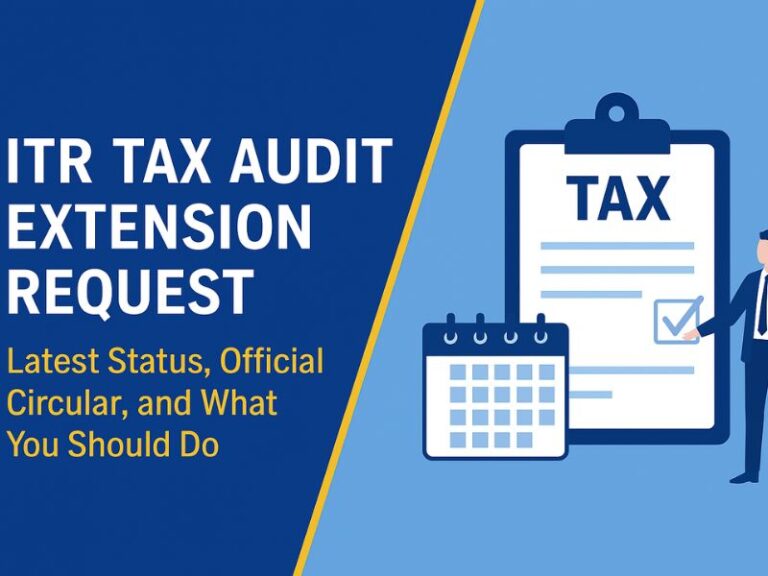If you’re an individual health insurance policyholder or work in the insurance sector, there’s an important tax update you should know. From September 22, insurance companies will no longer be able to claim Input Tax Credit (ITC) on commissions, brokerage, and other related services for individual health and life insurance policies. This change comes after the government decides to implement zero GST on health insurance premiums.
Let’s understand what this means for you, the insurers, and the broader market.
What has changed from September 22
Until now, insurers were paying GST on premiums for individual health and life insurance policies at 18%. They could also claim Input Tax Credit (ITC) on GST paid for services like:
- Commissions
- Brokerage
- Reinsurance.
However, from September 22, these individual policies are now 100% exempt from GST. This is a part of the government’s move to offer zero GST on health insurance for individuals, making such policies cheaper for customers.
But there’s a catch! When a service becomes exempt from GST, the businesses offering that service cannot claim credit for the GST they pay on their inputs. That means the insurance companies will bear the tax cost on commissions and brokerage instead of adjusting it through ITC.
Who announced this and why
This change was officially clarified by the Central Board of Indirect Taxes and Customs (CBIC) through a set of FAQs released after the GST Council meeting on September 3, 2025.
The CBIC explained that while insurers were earlier availing ITC on inputs like commissions, brokerage, and reinsurance, only reinsurance services will remain exempt from this rule. So, ITC on commissions and other services must now be reversed because the output (insurance service) itself has become exempt from GST.
Thus, zero GST on health insurance = No ITC benefit for the insurers.
How it impacts the insurance companies
The input taxes paid by insurance companies (such as on agent commissions, broker fees, or operational services) will now become a cost to the company. They can’t adjust these taxes through ITC anymore.
As a result, insurers will face higher internal costs, though customers will see no GST on individual health insurance premiums. The idea behind this move is to make insurance more affordable for the end consumer, but it shifts part of the tax burden to insurers. For more clarity, check out the table below:
| Before Sep 22 | After Sep 22 |
|
|
Why has the government made this move
The GST Council wants to simplify taxation and ensure that consumers directly benefit from lower prices. By exempting premiums from GST, the government ensures that buyers of individual health insurance and life insurance pay less.
However, because of the exemption, insurers lose the right to claim ITC. This is similar to how certain other sectors are treated under GST, where lower tax rates are offered without ITC to make the final service cheaper for customers.
Similar GST rules for other sectors
The CBIC also clarified that this no ITC rule applies beyond insurance. For example:
- Hotels charging 5% GST on rooms priced up to ₹7,500 per night cannot claim ITC on their inputs like cleaning materials, toiletries, or room supplies.
- Beauty and wellness services taxed at 5% without ITC also cannot claim ITC on products or equipment they use.
So, the logic is the same! The government wants to pass tax savings directly to customers while simplifying compliance for businesses.
Partial ITC and apportionment rules
In some cases, businesses may use their inputs:
- Partly for taxable supplies
and
- Partly for exempt supplies
The CBIC has clarified how ITC works in such cases. Let’s say a business provides both types of services, some taxed at 18% (with ITC) and others at 5% (without ITC). Now, it must reverse or proportionately adjust its ITC for the exempt portion.
Some expert opinions on the change
According to tax experts, the government’s move to offer zero GST on health insurance is meant to make essential financial products more affordable for individuals and families.
However, industry analysts also note that while customers will save on taxes, insurers will face higher costs because they can’t claim ITC. These costs might eventually influence product pricing or profitability in the long term.
Conclusion
The move to implement zero GST on health insurance and life insurance premiums for individuals is designed to make these essential services more accessible and affordable.
However, insurance companies will now have to bear the cost of GST on commissions and brokerage, as they cannot claim ITC on these expenses. This change aligns with the government’s broader push to:
- Streamline GST
- Reduce consumer tax burden
- Prevent dual-rate complexities
While policyholders enjoy cheaper premiums on individual health insurance, insurers must adjust their pricing and operations to manage the additional tax costs. Over time, the market will likely stabilise as both consumers and companies adapt to this new GST framework.






